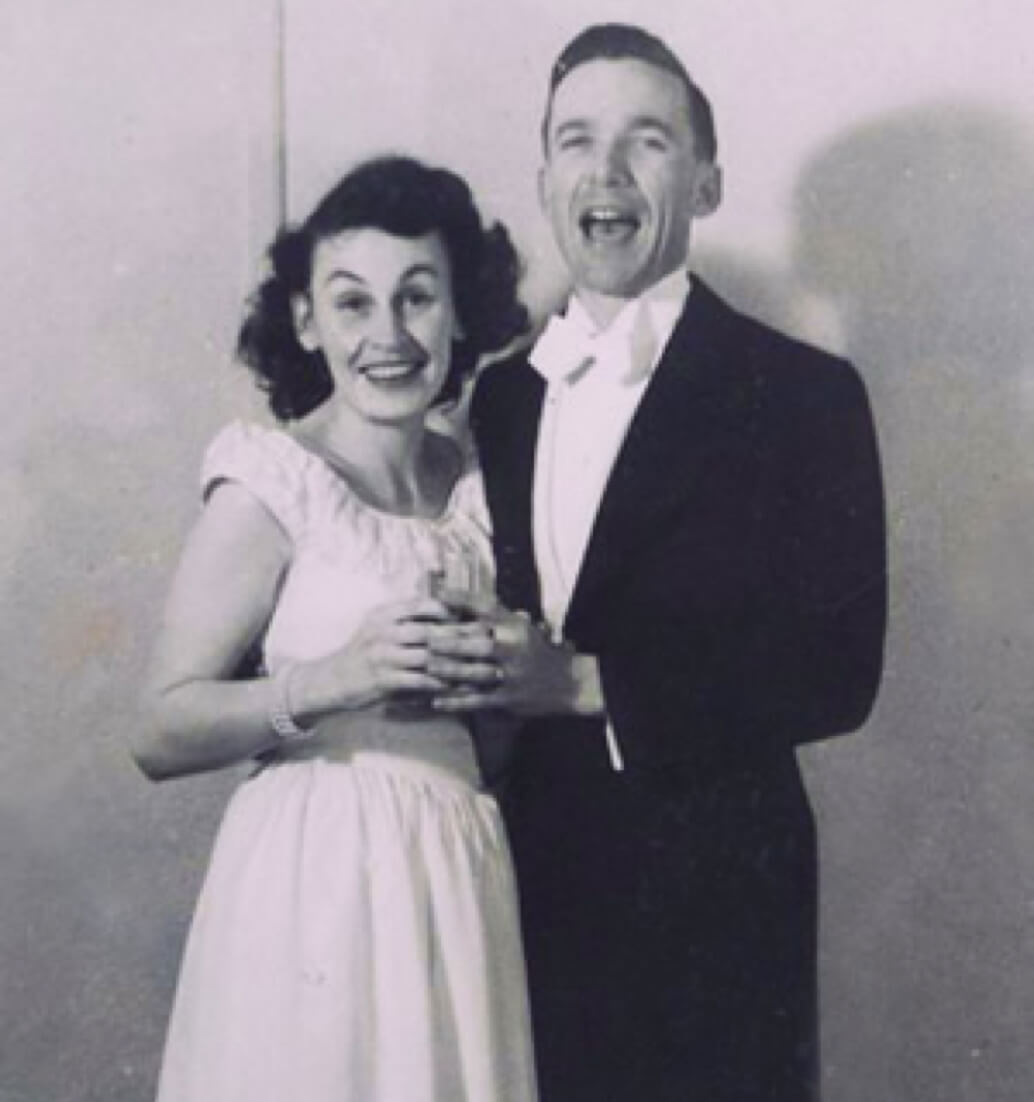The class of 1948 1948

Made up almost exclusively of World War II veterans, the class that enrolled in 1944 was ready to put the past behind them and take advantage of all that life had to offer.
“We were very anxious to learn. The professors loved us because we were like sponges. We soaked up information quickly and felt very fortunate to be here,” said John Purkis (pictured with wife, Eunice), one of the 79 students, including five women, who would graduate from the Commerce program in 1948.
This was a class that took nothing for granted. “I would say that 90 per cent of us wouldn’t have had the chance to attend university without the veteran credits that could be applied towards housing or education,” he shared.
Those who chose university received tuition plus a living allowance of $60 monthly for a single person, $90 for a married couple, plus $15 per child. Some felt the amounts inadequate, but an on-campus meeting resulted in a consensus that the funding was fair. Initially, payments were calculated at a rate of one month’s credit for each month of service, but this was subsequently relaxed in such a way that support would continue even for post-graduate studies, as long as the veterans kept up their grades.
After John completed his war service (which included work as an accountant), he consulted his brother-in-law about where to go to university. “He said if I wanted to just sit and listen to lectures I should go to Toronto, and if I wanted to get to know my professors I should go to Queen’s. I liked the size of Queen’s and that it was very social. As it turned out, our professors spent time with us outside the classroom and many became lifelong friends.”
The veterans’ maturity and wartime experiences meant the dynamics of the program underwent a not-so-subtle shift. Some of the veterans had been through a lot and had faced death more than once. The sophomores, many of whom were considerably younger than the incoming frosh, backed down from subjecting this group of vets to the orientation rites that had long been a tradition. A compromise was put forward to have the frosh serve the sophomores dinner. The frosh countered with a proposal to host a dinner for the following year’s freshmen class. Both sides agreed, and a new tradition was born.